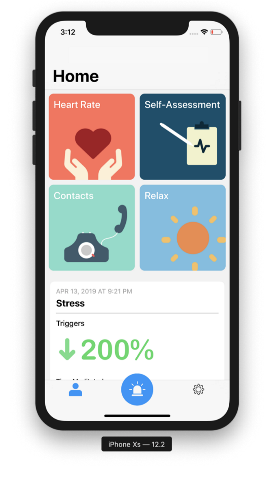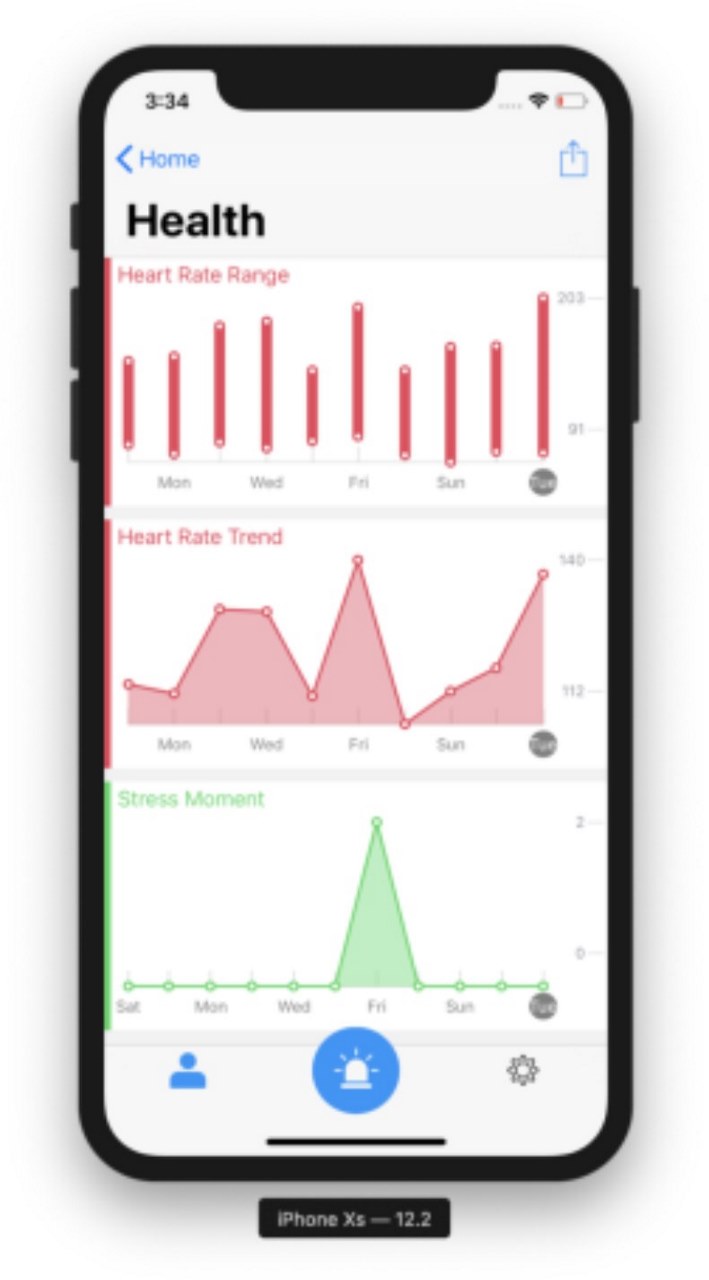Alec’s research focuses on drowsy driving and reducing crashes and improving safety. Specifically, he aims to utilize a variety of techniques including systems thinking, user-centered design and data analytics to create an educational program and technological interface that will help to mitigate occurrences of drowsy driving. Some of Alec’s other interests include mixing different methodologies in pursuit of answering research questions
- Office: Emerging Technologies Building (ETB) – Room 2006
- Email: alec.smith@tamu.edu

Education & Work
Education
- Ph.D., Industrial & Systems Engineering, 2022 (Anticipated), Texas A&M University, College Station, TX
- B.S., Industrial & Systems Engineering, 2018, Texas A&M University, College Station, TX
Work Experience
- HP Inc., Houston, TX, Accessibility and Aging Intern (06/2017—08/2017)
- Little Flower Catholic Bookstore, Katy, TX, Contractor (2015—2017)
- ConocoPhillips, Franklin, TX, Production Engineering Intern (05/2015—08/2015)
Portfolio
- I have helped with the development First Watch Device (FWD), an app designed to help veterans with PTSD manage their symptoms activities. I helped elicit design requirements through analysis of interviews.
- I have helped with the development of Drowsy Reporting On the Work Shift Electronically (DROWS-E), an app used by night-shift nurses to self-report drowsiness while working. I helped identify the measures that need to be recorded to aid in the understanding of drowsiness during and after the shift.


Research
- Drowsy Driving Mitigation among Shift Work Nurses: Using a user-centered approach to develop educational and technological interventions to prevent drowsy driving among shift work nurses. Analyzing driving data to determine prevalence and severity of drowsy driving on the commute home.
- PTSD Continuous Monitoring System: Using a user-centered approach to develop a smart watch and phone application to aid PTSD veterans in the detection and mitigation of the effects of PTSD by understanding their experiences and preferences for technology.
- Student Mental Health: Using a user-centered design approach to develop a smart watch and phone application to aid university students manage and reduce stress.
- Next Generation Advanced Procedures: Using qualitative interviews to understand the organizational and individual reasons why operators choose to use or deviate from procedures.
Selected Publications
- Wang, X., Son, C., Hegde, S., Keller, B., Smith, A., Sasangohar, F. (2020). Investigating College Students’ Mental Health During the COVID-19 Pandemic: An Online Survey Study. Journal of Medical Internet Research.
- Son, C., Hegde, S., Smith, A., Wang, X., Sasangohar, F. (2020). Effects of COVID-19 on college students mental health in the United States: Interview-survey Study. Journal of Medical Internet Research.
- Peres, S.C., Smith, A., and Sasangohar, F. (2020). Worker-Centered Investigation of Issues with Procedural Systems: Implications for the Revision Process and Safety Culture. Journal of Loss Prevention in Process Industries.
- Smith, A., McDonald, A.D., Sasangohar, F. (2020). Night-shift nurses and drowsy driving: A qualitative study. International Journal of Nursing Studies.
- Mehta, R., Smith, A., Williams, J.P., Peres, S.C., Sasangohar, F. (2019). Investigating fatigue in offshore drilling: A qualitative data analysis of interviews. IISE Transactions on Occupational Ergonomics and Human Factors.
- Sasangohar, F., Peres, S.C., Williams, J.P., Smith, A., Mannan, S. (2018). Investigating written procedures in process safety: Qualitative data analysis of interviews from high risk facilities. Process Safety and Environmental Protection, 113, pp. 30-39.
